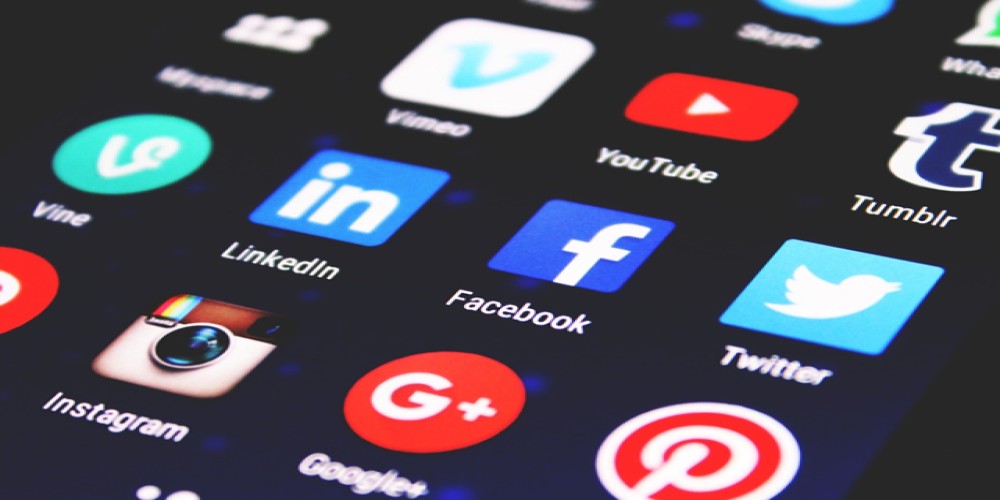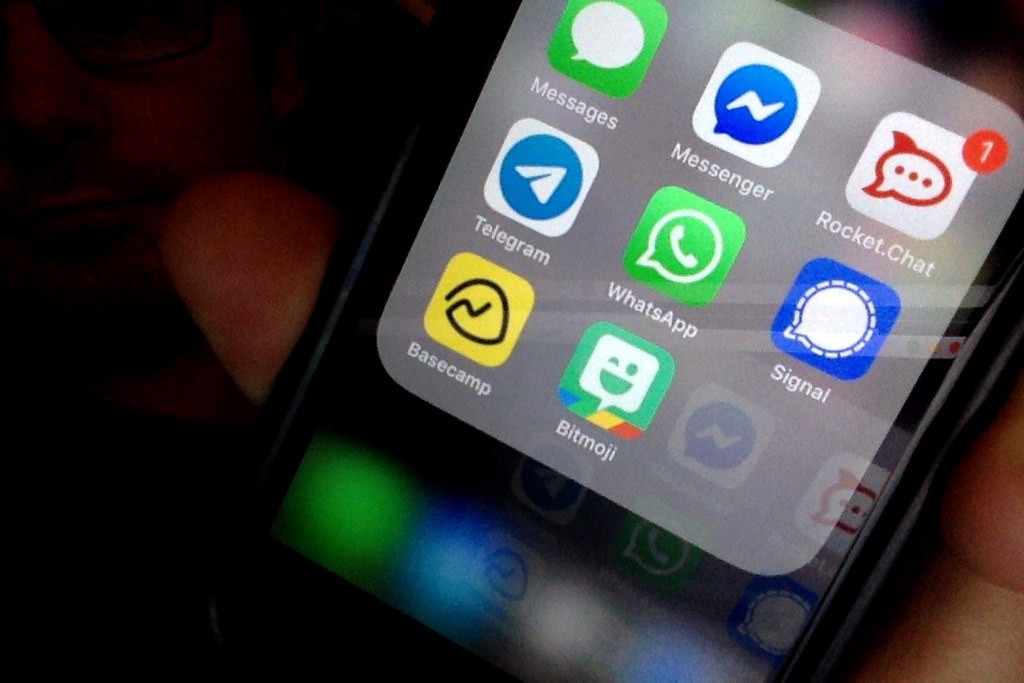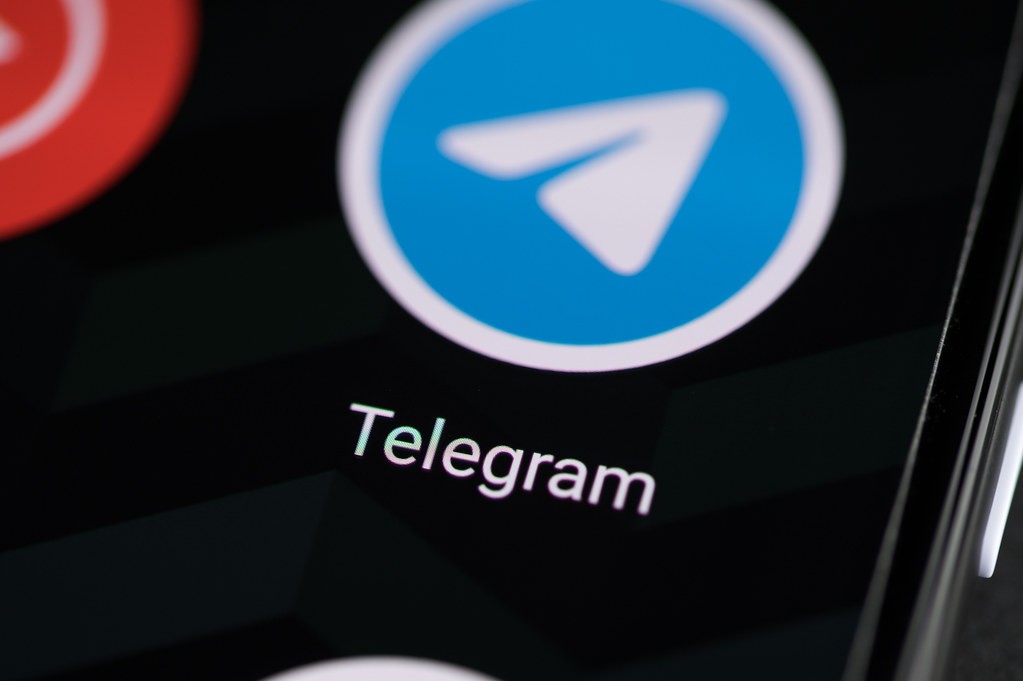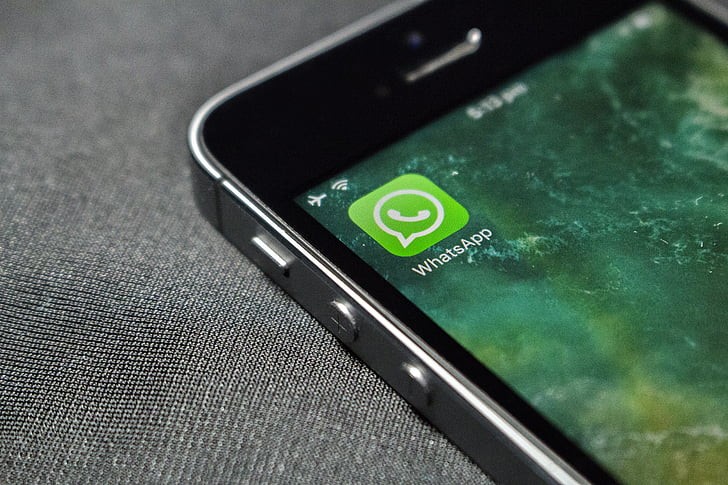Guarding Your Conversations: The Ultimate Guide to the Top 5 Secure Messaging Apps of 2023
Jan 02, 2024

The importance of keeping our communications private in the digital age cannot be overstated. With cyber threats evolving at an alarming rate and data breaches becoming commonplace, choosing secure channels for our online interactions is crucial. Thankfully, various secure messaging apps have risen to the challenge, each promising to keep our conversations safe from prying eyes.
But with so many options, selecting the best one can take time and effort. As we venture into 2023, we've done the legwork to bring you the top 5 secure messaging apps, analyzing their features, usability, and the levels of security they provide. Whether you're a privacy enthusiast, a professional handling sensitive information, or simply someone who values digital privacy, these apps ensure that your data remains confidential. Let's explore these bastions of digital security and discover which suits your needs best.
1. Signal: The Gold Standard of Privacy

Signal has long been the go-to app for those who prioritize privacy above all else. Developed by the Signal Foundation, it has a sterling reputation among privacy advocates and cybersecurity experts. The app uses state-of-the-art end-to-end encryption to ensure that messages can only be read by the intended recipients.
Versions: Signal is available on iOS, Android, and desktop platforms.
Features
- End-to-end encryption by default
- Self-destructing messages and media
- Open-source protocol
- Encrypted voice and video calls
- No ads or trackers
- Secure file transfers
- Group chats with privacy features
- Screen security to prevent screenshots (on Android)
Pros
- Renowned for strong encryption and privacy measures
- Minimal data retention policies
- User-friendly interface
- Independent nonprofit organization backs it
- Continually audited for security
Cons
- Less famous than some other mainstream apps, potentially limiting your network
- Requires a phone number for registration
- Lacks some of the flashy features and integrations found in less secure alternatives
2. Telegram: A Blend of Speed and Security

Telegram has carved out a niche by offering a blend of speedy messaging and robust security features. While not all messages on Telegram are end-to-end encrypted by default, it does offer "Secret Chats" that are.
Versions: Telegram is available on iOS, Android, Windows, macOS, and Linux.
Features
- Cloud-based messaging with device syncing
- Secret Chats with end-to-end encryption
- Self-destruct timers for messages
- Large groups and channels
- Customizable user interface
- Bots for various tasks
- Open API and protocol
Pros
- User-friendly and fast
- Syncs across multiple devices seamlessly
- Offers a wide range of features and large file transfers
- Strong user base
Cons
- End-to-end encryption is not default and only in Secret Chats
- Uses proprietary encryption, which is not as transparent as open-source options
- Handles large amounts of user data
3. WhatsApp: Widespread and Familiar

WhatsApp, owned by Facebook (now Meta Platforms Inc.), is one of the most widely used messaging apps globally. Based on the Signal Protocol, its end-to-end encryption ensures that messages are kept private.
Versions: WhatsApp is available on iOS, Android, and desktop.
Features
- End-to-end encryption for messages and calls
- Group chats and video calls
- Status feature to share updates
- Voice messaging
- Document and location sharing
- Two-step verification
Pros
- Extremely popular and widely used
- Intuitive and well-integrated on smartphones
- Regular security updates
Cons
- Owned by Meta, which has faced privacy concerns
- Encryption does not cover backups by default
- Some metadata may still be collected
4. Threema: Privacy by Design
Threema is a lesser-known gem in the realm of secure messaging. It's designed with privacy as a core principle and does not require a phone number or email address to register.
Versions: Threema is available on iOS and Android.
Features
- End-to-end encryption for all communications
- Can be used anonymously without giving out personal information
- Poll feature for quick group decisions
- Encrypted voice and video calls
- Secure file transfers up to 50 MB
- Open-source cryptography
Pros
- Does not require personal information for use
- Comprehensive encryption across the platform
- GDPR compliant
Cons
- Not free to use (one-time fee)
- Smaller user base than its more famous counterparts
- Limited platform availability compared to others on this list
5. Wickr Me: The Secure Shapeshifter
Wickr Me is the go-to app for those who crave top-notch security and strong user anonymity. Its zero-knowledge policy and robust encryption make it a favorite among journalists and security experts.
Versions: Wickr Me is available on iOS, Android, Windows, macOS, and Linux.
Features
- End-to-end encrypted text, voice, and video communications
- Secure file sharing
- Screenshot detection and notification
- User anonymity without a phone number or email
- Secure Shredder to irreversibly delete all traces of messages and media
Pros
- Strong focus on user anonymity and data security
- Secure Shredder feature for increased privacy
- Does not require personal information for registration
Cons
- Less intuitive user interface compared to others
- Smaller user base
- The complexity of features may be off-putting for casual users
In conclusion, while all of these apps offer robust features designed to keep your data safe, the right choice depends on your specific needs and preferences. Whether it's the uncompromising privacy of Signal, the versatile Telegram, the ubiquitous WhatsApp, the anonymous Threema, or the secure Wickr Me, you can rest assured that your digital conversations are safe. Make your decision based on the trade-offs you're willing to make between convenience, privacy, and security. Your data is precious; protect it with the right tools.







